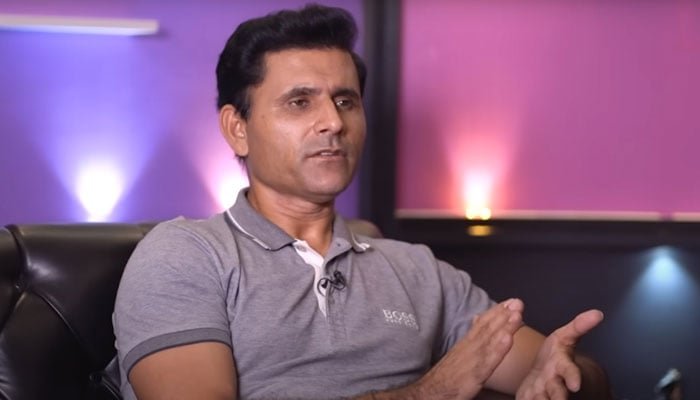In an exclusive interview with Pakistan’s leading cricket website, former legendary spinner and coach Saqlain Mushtaq shared his thoughts on the ongoing debate surrounding Babar Azam’s captaincy and the broader issues plaguing Pakistan cricket. Saqlain’s candid remarks provide valuable insights into the leadership dynamics and the systemic challenges faced by Pakistan’s cricketing infrastructure.
Babar Azam’s Captaincy: External Noise vs. Internal Decisions
Saqlain Mushtaq addressed the growing chorus of voices calling for Babar Azam to step down as captain, labeling them as “outside voices” that should not influence internal decision-making. He emphasized the importance of evaluating leadership qualities from within the team and determining who possesses the skills to unify and inspire the players. According to Saqlain, decisions about leadership should not be swayed by external pressures but rather by a thorough assessment of who can effectively lead the team in the long, mid, or short term.
The Need for Long-Term Planning
Saqlain criticized the lack of long-term planning in Pakistan cricket, pointing out that decisions are often made with a short-term vision. He cited the example of Shaheen Shah Afridi, who was briefly made captain and then removed, illustrating the instability caused by frequent leadership changes. Saqlain warned that constantly shuffling captains would prevent the team from reaching its full potential and becoming a top-level team. He argued for a more patient approach, allowing leaders time to grow and develop in their roles.
Questioning PCB’s Decision-Making Process
Saqlain expressed his bewilderment at the Pakistan Cricket Board’s (PCB) approach to making captaincy decisions. He questioned the practice of incoming chairmen making abrupt changes in leadership without a comprehensive evaluation of the players’ leadership skills and their ability to deliver results. Saqlain stressed that decisions about captaincy should be informed by a deep understanding of the team’s dynamics and the individual capabilities of the players.
The Importance of a Systematic Approach
Highlighting a fundamental issue, Saqlain pointed out that Pakistan lacks a robust cricketing system. He lamented that no substantial efforts have been made to establish a consistent and effective structure for nurturing talent and developing the game at all levels. Without a well-defined system, the team is left to grapple with ad-hoc decisions and short-term fixes, undermining its potential for sustained success.
Balancing Technical Skills with Mental Maturity
Saqlain acknowledged the technical prowess of Pakistani players but emphasized that mental maturity is crucial in international cricket. He suggested that the role of coaches extends beyond honing cricketing skills to fostering the psychological resilience needed to perform under pressure. He mentioned Shadab Khan, his son-in-law, as an example but clarified that all players should be treated equally. The focus should be on identifying and addressing the mental aspects of the game, which are often more critical than technicalities in high-stakes matches.
A Call for Stability and Vision
Saqlain Mushtaq’s interview serves as a clarion call for stability and a long-term vision in Pakistan cricket. His insights underscore the need to move away from reactionary decisions and towards a more systematic and thoughtful approach to leadership and team development. By giving leaders like Babar Azam the time and support they need, and by establishing a robust cricketing infrastructure, Pakistan can aspire to reclaim its position as a dominant force in international cricket. Saqlain’s words remind us that true progress requires patience, planning, and a commitment to nurturing talent both on and off the field.



